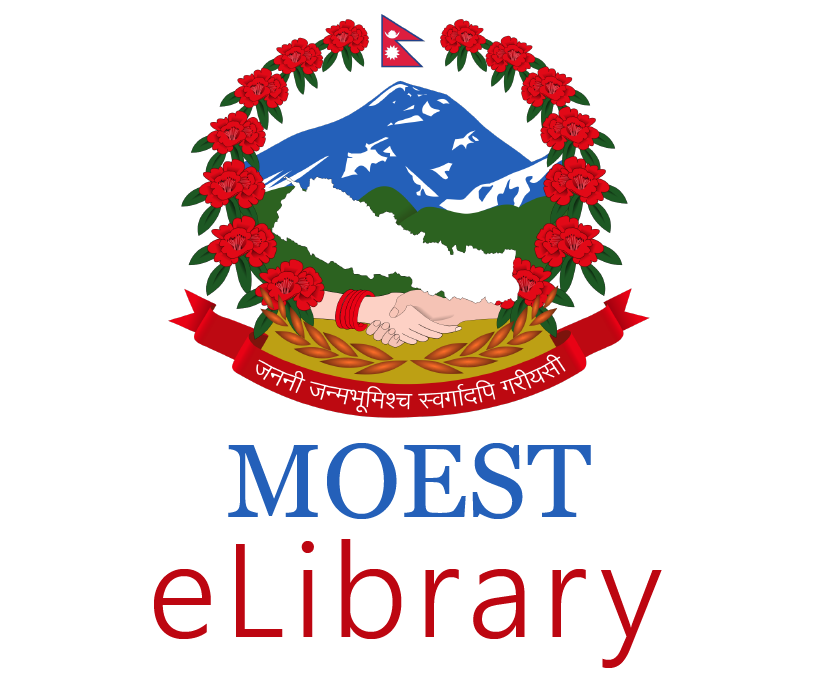Please use this identifier to cite or link to this item:
http://elibrary.moest.gov.np:8080/handle/123456789/533Full metadata record
| DC Field | Value | Language |
|---|---|---|
| dc.contributor.author | Bhusal, Shalik Ram | - |
| dc.date.accessioned | 2025-05-20T03:26:15Z | - |
| dc.date.available | 2025-05-20T03:26:15Z | - |
| dc.date.issued | 2072 | - |
| dc.identifier.uri | http://elibrary.moest.gov.np:8080/handle/123456789/533 | - |
| dc.description.abstract | Lesson plan has been considered as a backbone of effective teaching learning process. This research is based on a new model of lesson plan developed during the seven month training in Japan entitled “Three states of water, process of change and its daily uses/application”. It is based on Nepali school level grade fi ve-curriculum and Nepali context. In this model, Japanese and Nepali practices have been blended in teaching learning and also in teacher training programme. The ideas and learning points have been included based on national and international studies, trainings, as well as experiences of research and teaching. Valuable positive feedback from all readers and stakeholders have been incorporated. It is expected to be a resource material for teachers, students, trainers, planners and policy makers. | en_US |
| dc.publisher | National Center for Education Development(NCED) | en_US |
| dc.subject | Science education, Lesson plan, States of water, In-service teacher training, Research, experiment, Innovation | en_US |
| dc.title | Research Based Lesson Plan: Blending the Nepalese and Japanese Approaches to Learning | en_US |
| Appears in Collections: | लेखहरु ( Articles) | |
Files in This Item:
| File | Description | Size | Format | |
|---|---|---|---|---|
| 118_Research Based Lesson Plan Blending the Nepalese and Japanese Approaches to Learning.pdf | 859.99 kB | Adobe PDF | View/Open |
Items in DSpace are protected by copyright, with all rights reserved, unless otherwise indicated.
